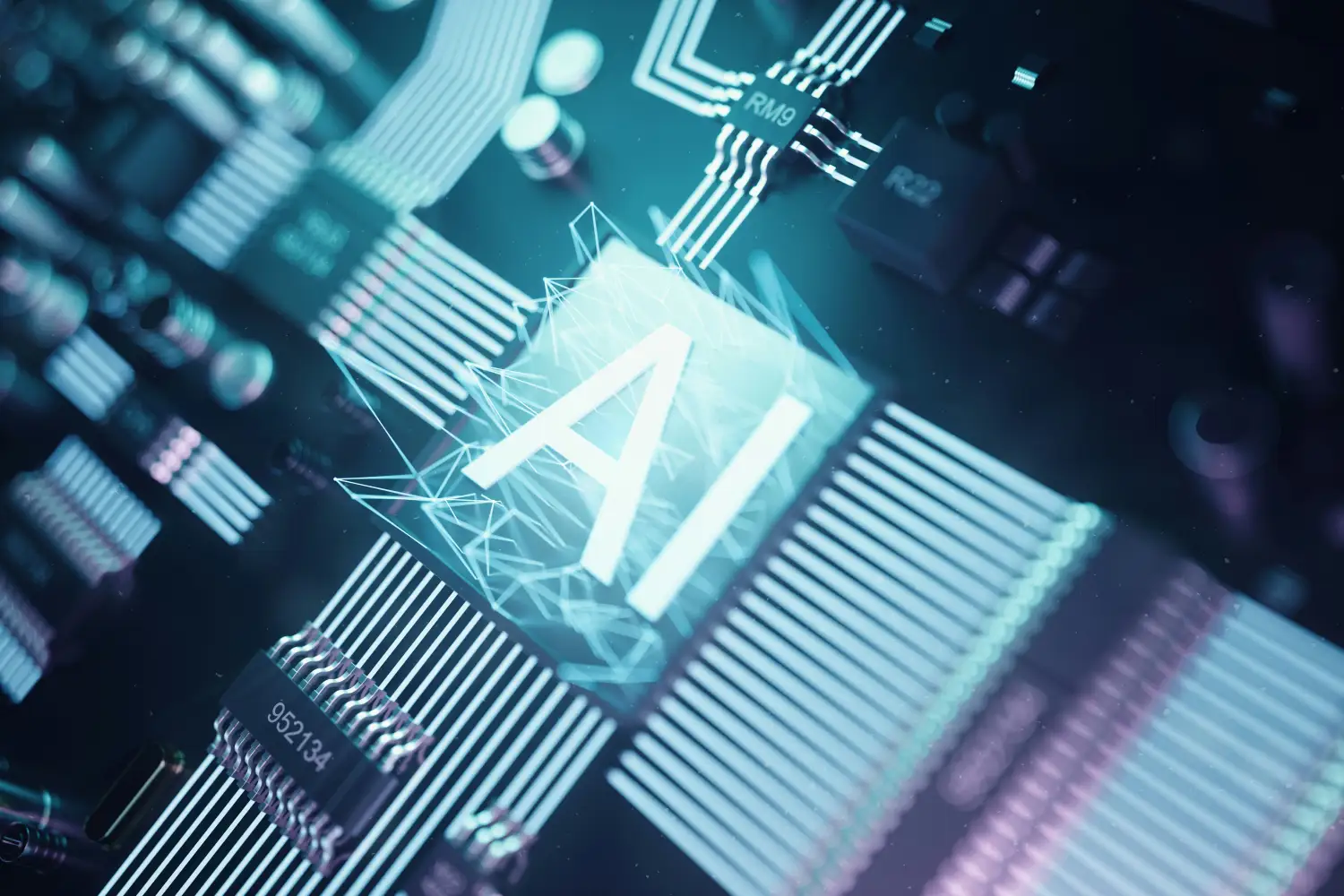Every decade brings a shift in how people and technology work together. Spreadsheets, email, and cloud tools each transformed productivity in their time. Now, AI agents are quietly leading the next leap, one that blends autonomy, reasoning, and collaboration.
The “future of work” isn’t just about new software. It’s about freeing humans from repetitive execution and giving them space for creative, strategic, and interpersonal tasks that automation can’t handle. AI agents make that shift real by acting as digital teammates: proactive, tireless, and designed for clarity.
From Automation to Intelligence
Traditional automation made work faster. AI agents make it smarter. They don’t simply follow commands, they understand objectives. This allows them to analyse information, make decisions, and act without direct supervision. In short, AI agents work more intelligently.
McKinsey describes this evolution as agentic AI: networks of intelligent agents that coordinate across departments. Instead of fragmented automations, companies can build connected digital workforces that learn, adapt, and share insights.
At Kleritt, we see this transformation daily when we're building ai agents. Companies that once needed several people to manage data and updates now run those same processes through one or two well-designed agents. The result isn’t fewer people, it’s people spending time on work that moves revenue, innovation, and customer value forward.
The New Collaboration Model
AI agents introduce a new kind of teamwork: human + machine collaboration.
Each agent takes responsibility for a defined scope, gathering data, summarising insights, routing information, while people remain in charge of goals, strategy, and exceptions.
This creates three major shifts inside modern organisations:
- Work becomes more proactive: Agents don’t wait for instructions; they monitor and act in real time. Reporting, scheduling, and communication happen before problems escalate.
- Teams focus on judgment, not repetition: Repetitive decision-making moves to machines, while people focus on interpretation, creativity, and client relationships.
- Roles expand beyond tools: Employees stop acting as intermediaries between software systems and start managing outcomes. Their work becomes about clarity and coordination, not copy-pasting data.
In short, AI agents make knowledge workers more like managers of intelligent systems than operators of fragmented tasks.
Rethinking Productivity
The old definition of productivity “doing more with less” no longer fits. The next phase is about achieving clarity with less friction.
AI agents contribute to this by:
- Maintaining real-time visibility into operations.
- Reducing delays caused by manual follow-ups.
- Enabling data-driven decisions without extra reporting work.
When routine tasks fade into the background, time and focus shift toward innovation and growth. That’s the real productivity gain AI brings, not just speed, but focus.
Preparing for the Agentic Workplace
The shift toward agentic systems won’t happen overnight.
Businesses that succeed will approach it gradually, first identifying high-impact workflows, then layering agents to support teams where the return is clear.
Kleritt helps clients prepare through three practical steps:
- Mapping workflows: documenting where time is lost and what decisions recur most often.
- Designing hybrid systems: combining automation, AI reasoning, and human review for reliability.
- Building governance: setting clear rules for data access, oversight, and accountability.
The future of work isn’t about replacing employees, it’s about equipping them with tools that think alongside them.
What This Means for Businesses
As agentic automation matures, companies will face new questions:
- How do we measure value created by agents?
- What skills do employees need to manage them?
- How do we maintain transparency and control as autonomy grows?
Forward-thinking businesses will treat these as opportunities to evolve.
Roles will shift toward system supervision, process design, and ethical oversight, higher-value work that blends technical fluency with human judgment.
Those who adapt early will gain a permanent advantage in speed, clarity, and data confidence.
The Human Element Remains Central
Despite rapid adoption, AI agents can’t replicate empathy, ethics, or strategic insight. Thus, Ai agents aren't the solution to everything.
What they can do however, is remove the noise that clouds those human strengths. By handling structured decisions and routine actions, agents let people focus on creative, relational, and visionary work, the parts of business automation can’t touch. This is the essence of the future workplace: humans leading, AI supporting.






